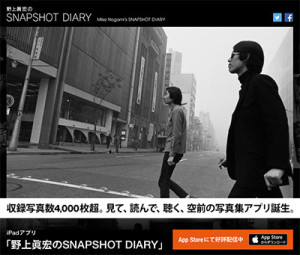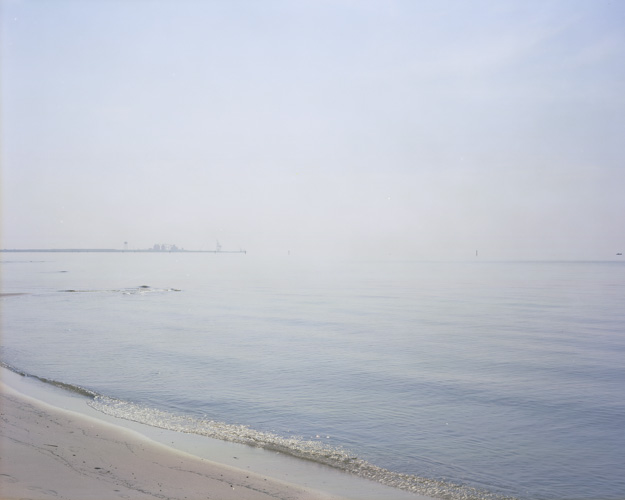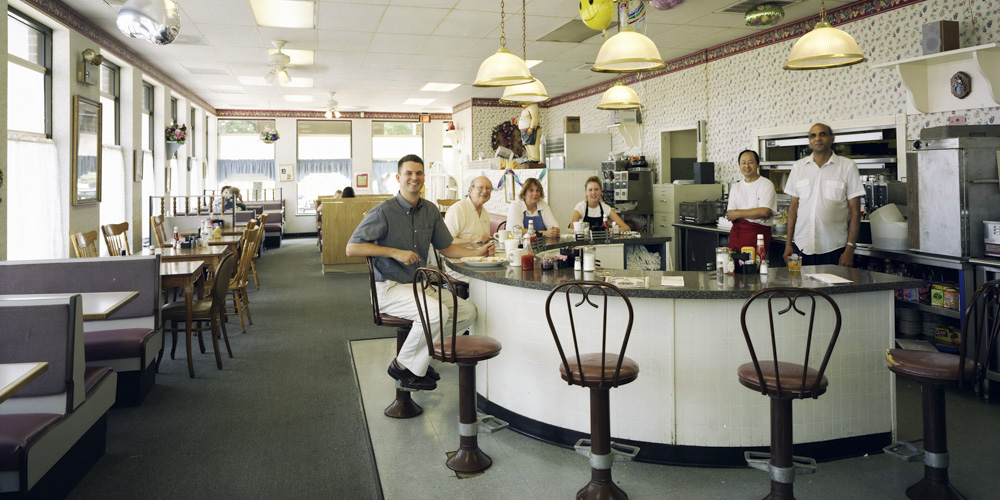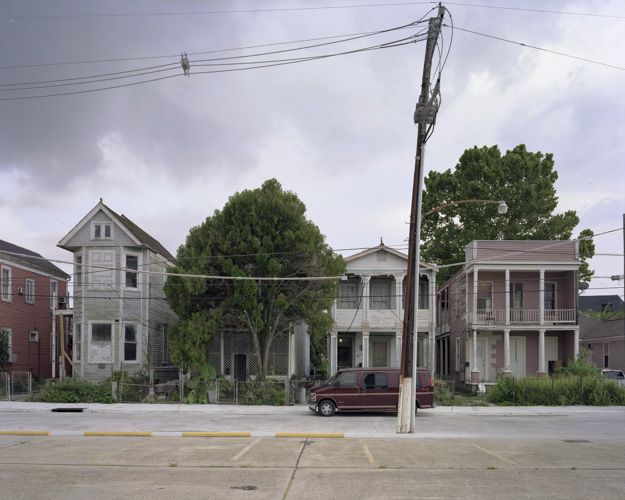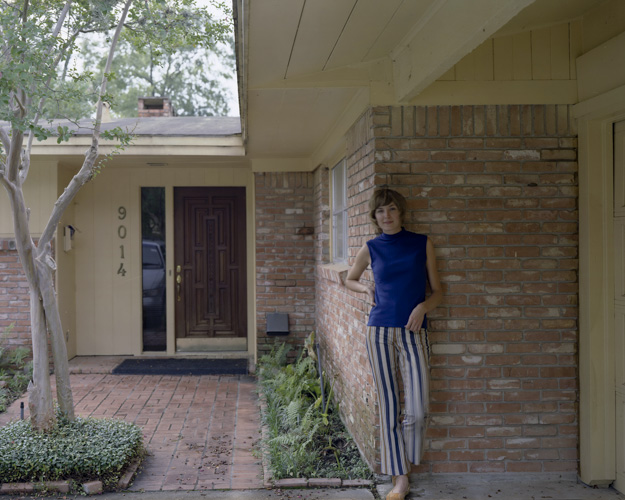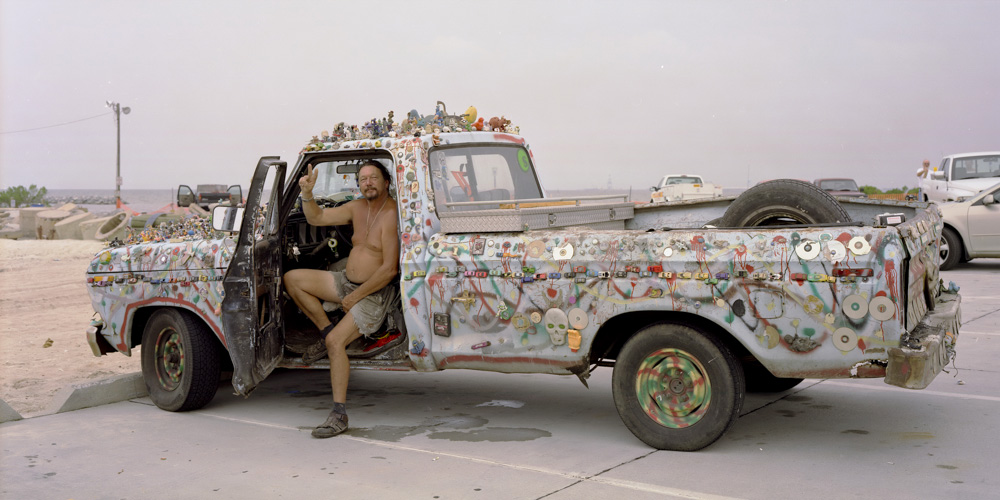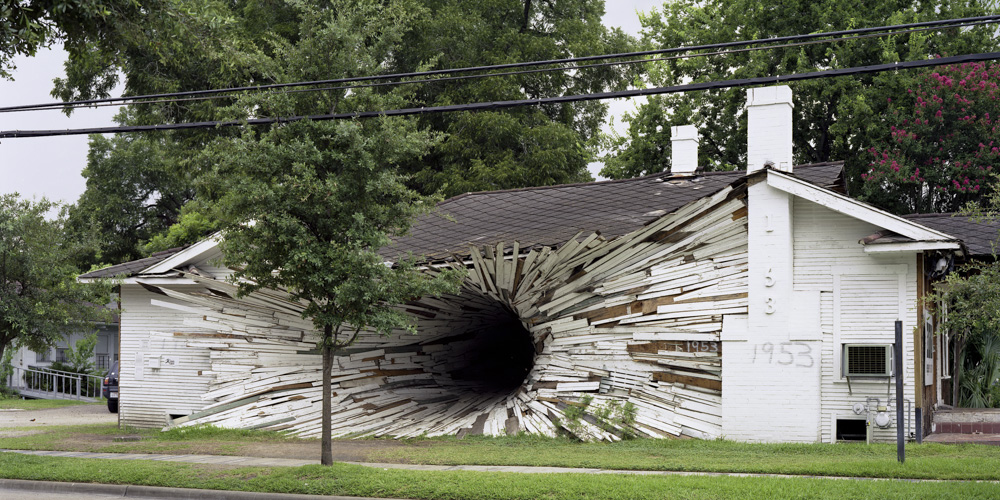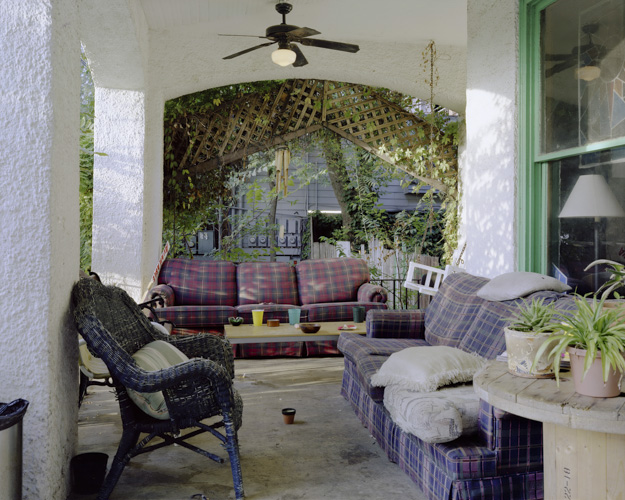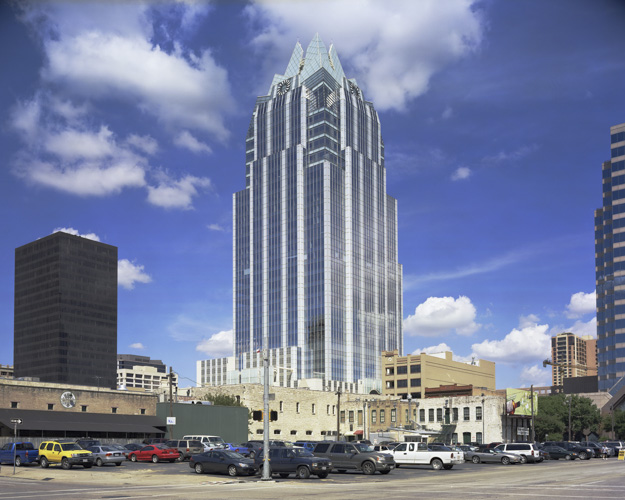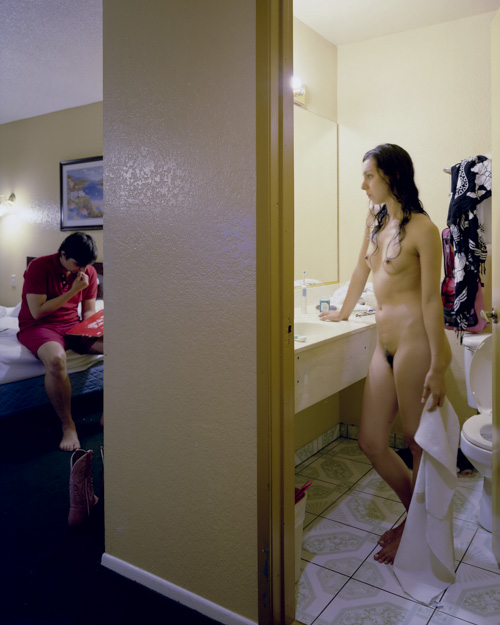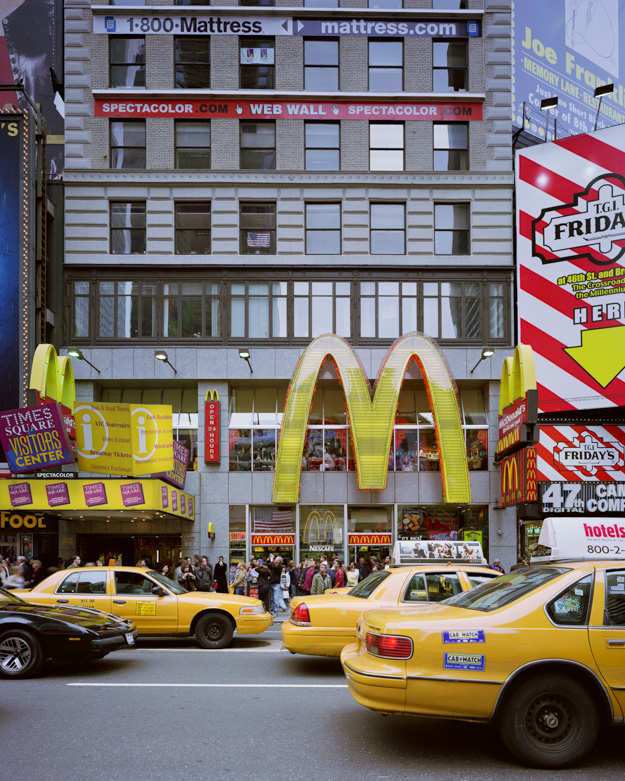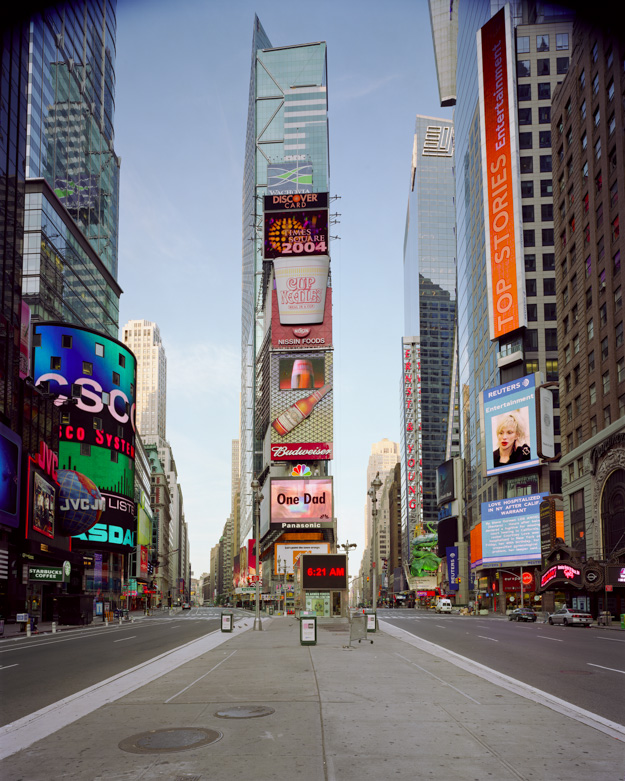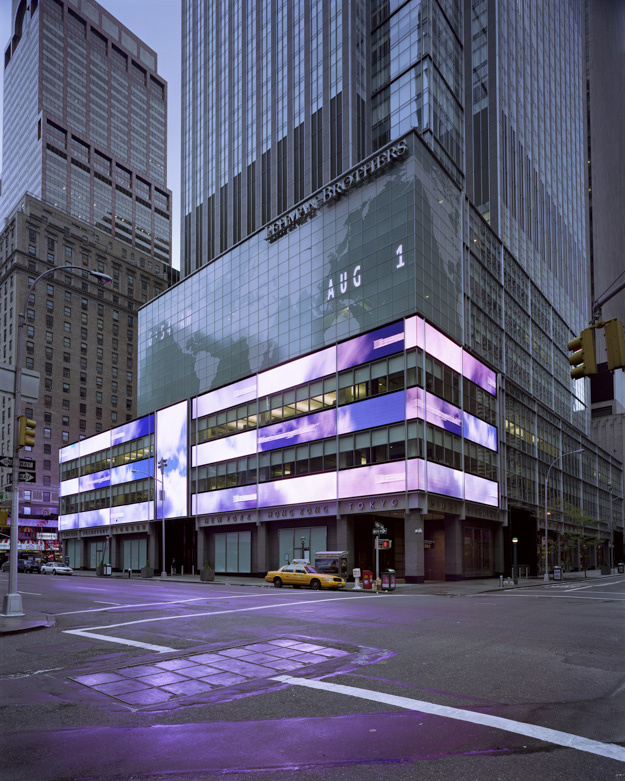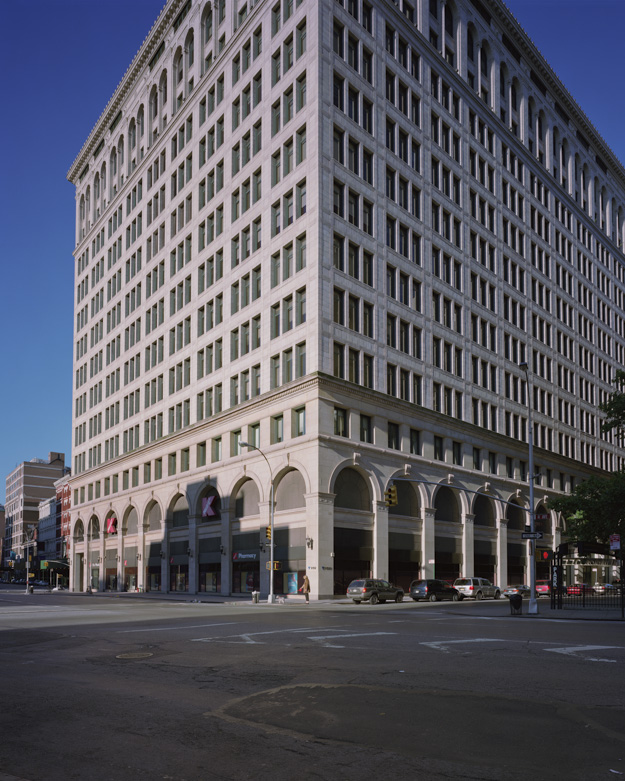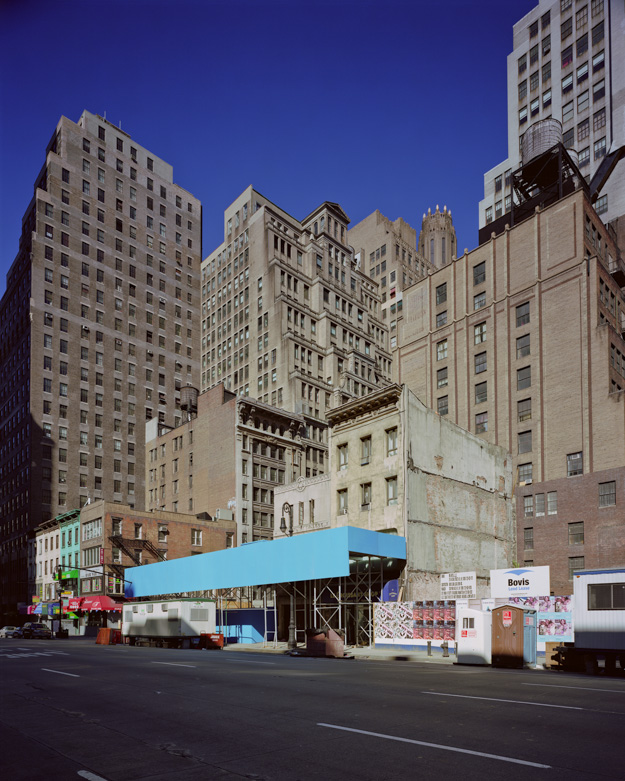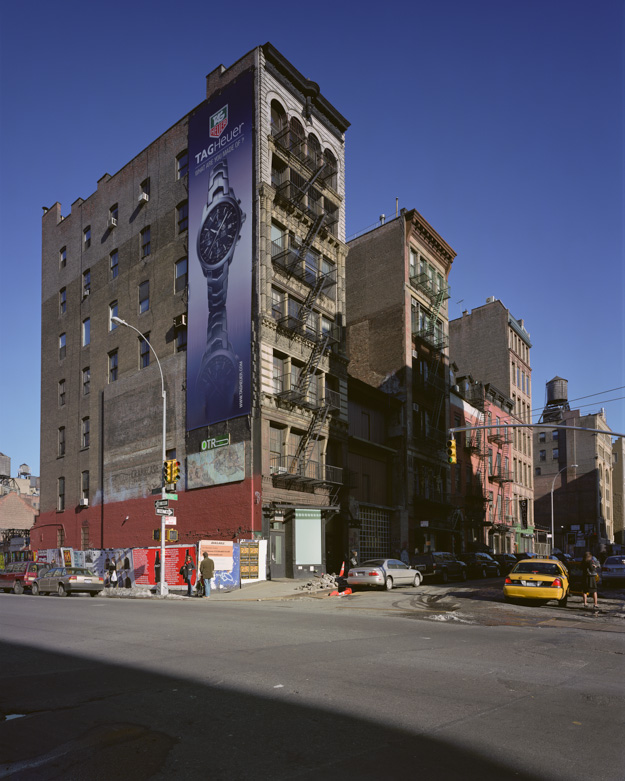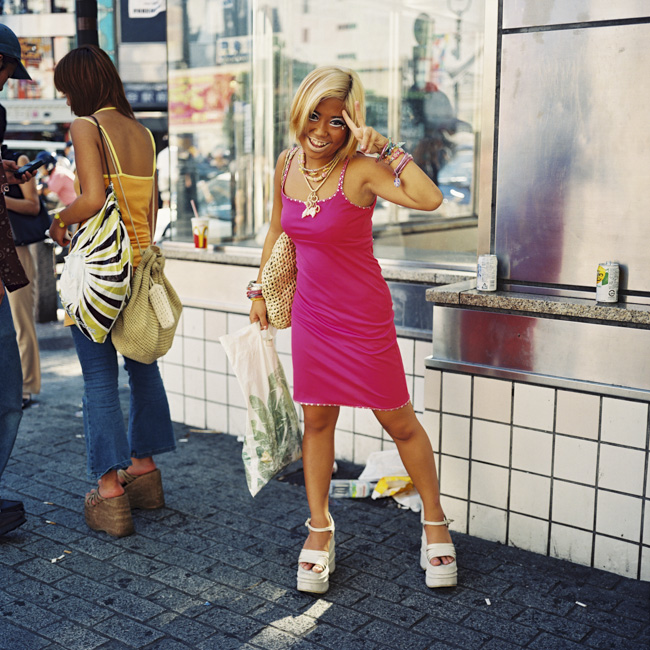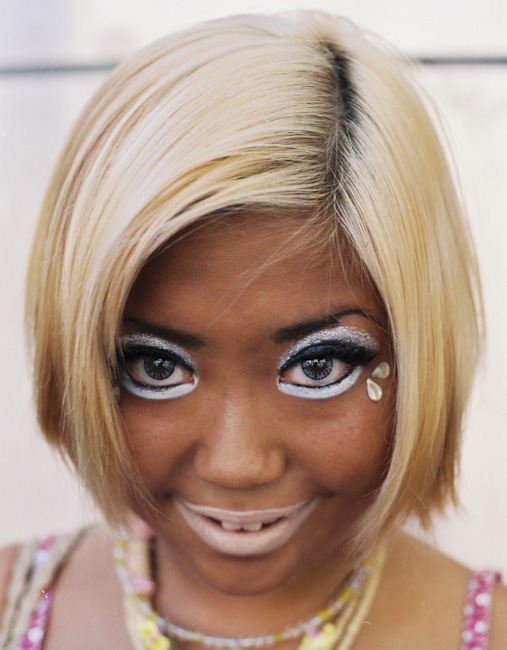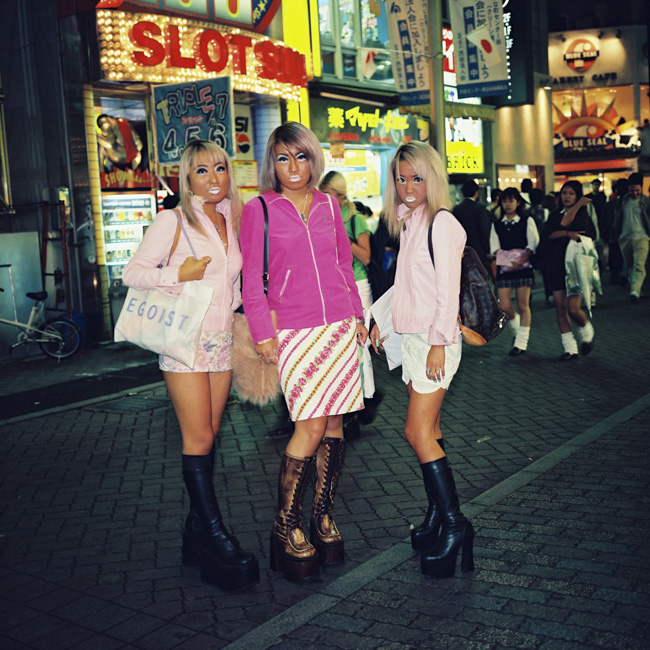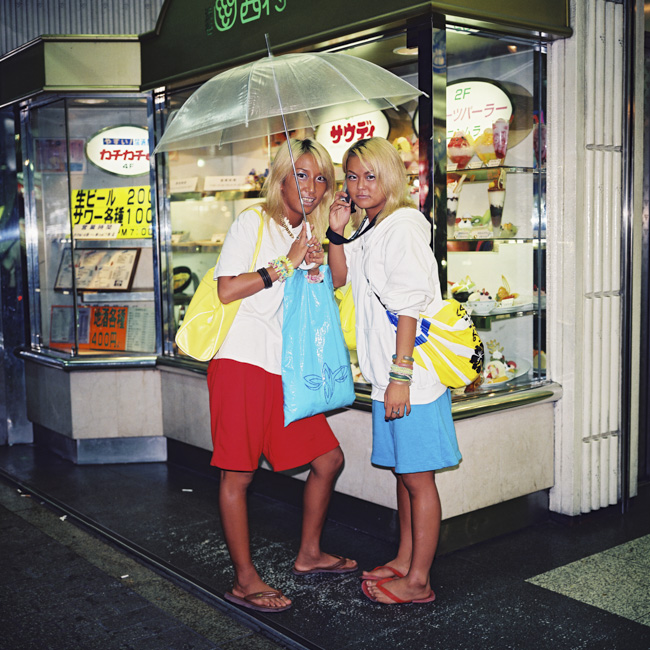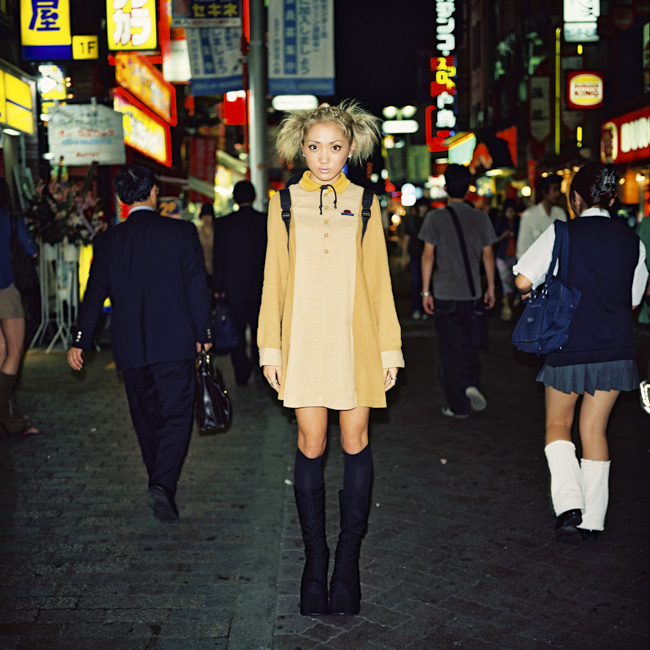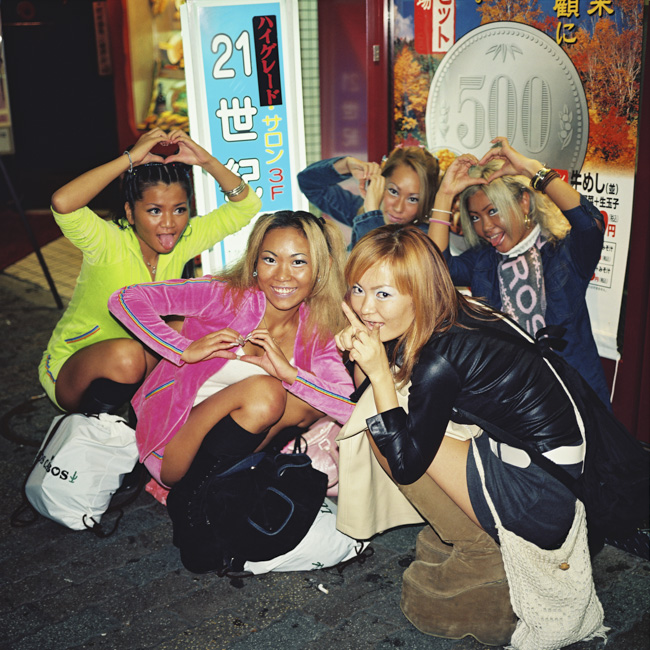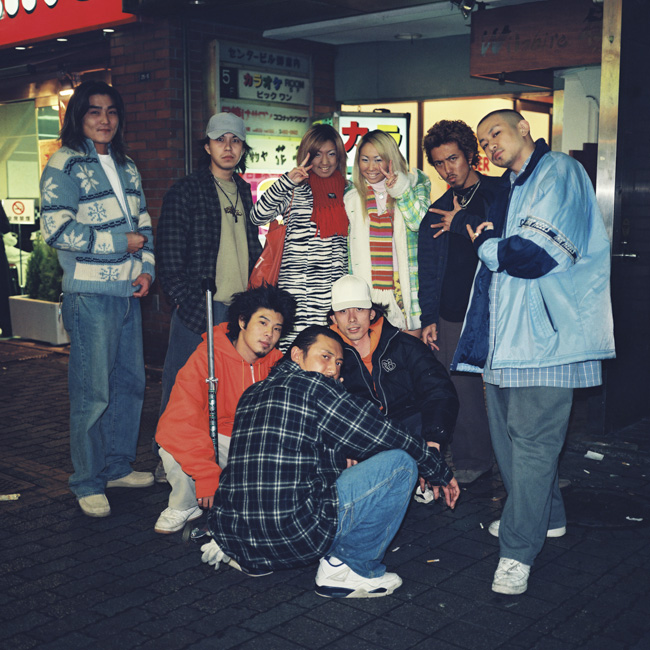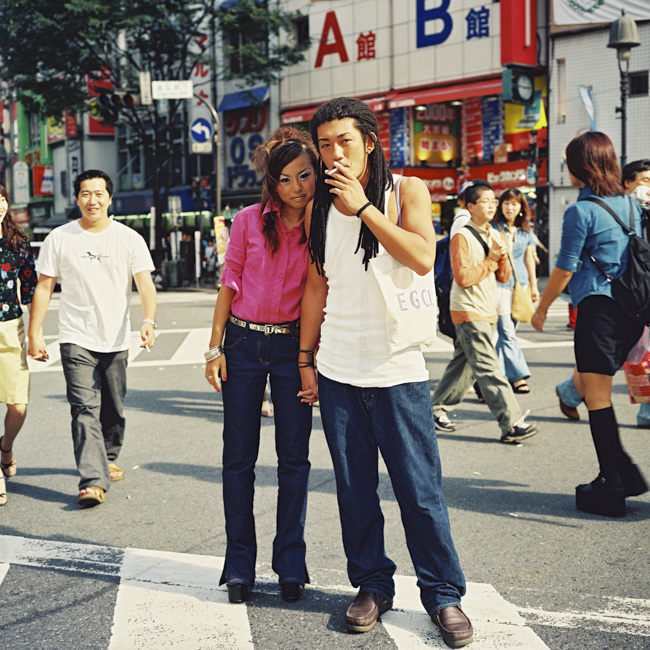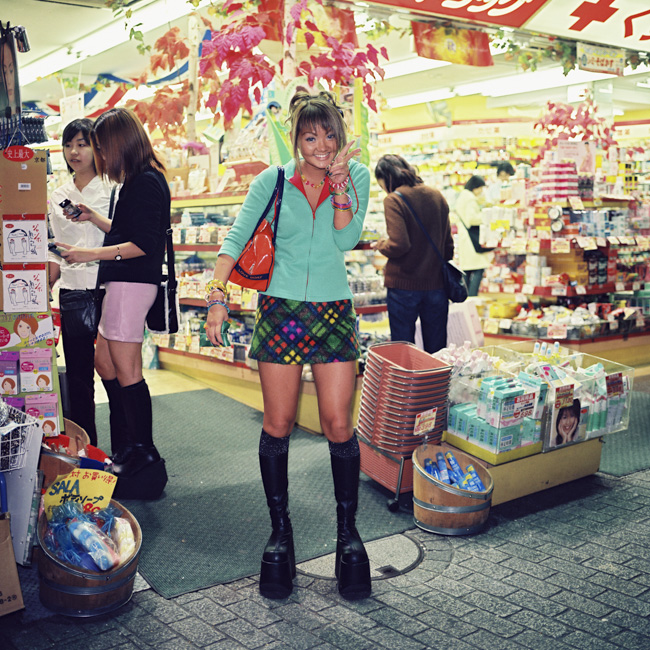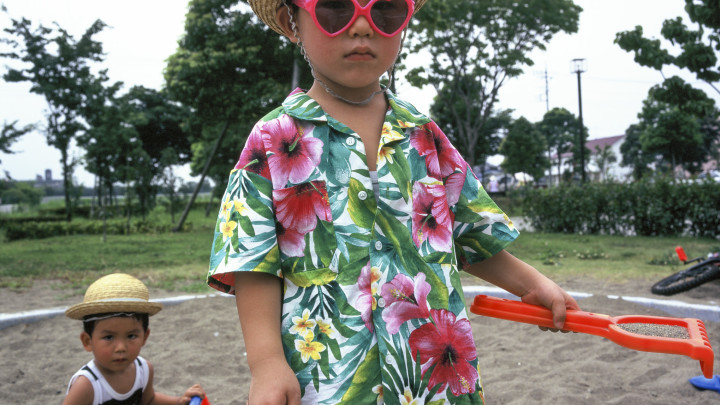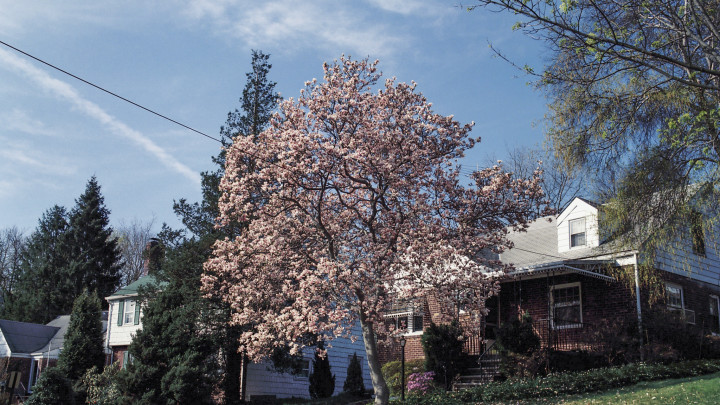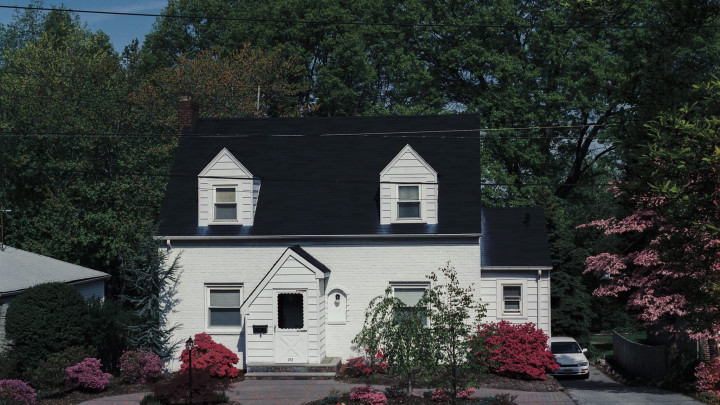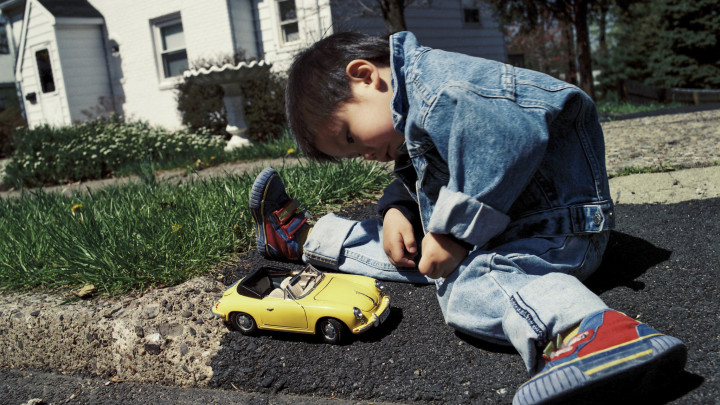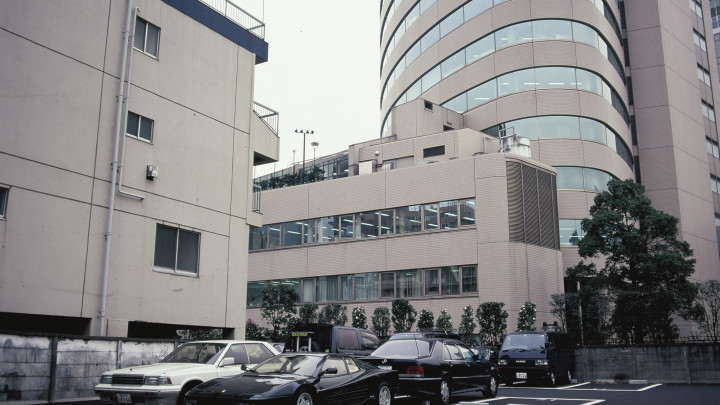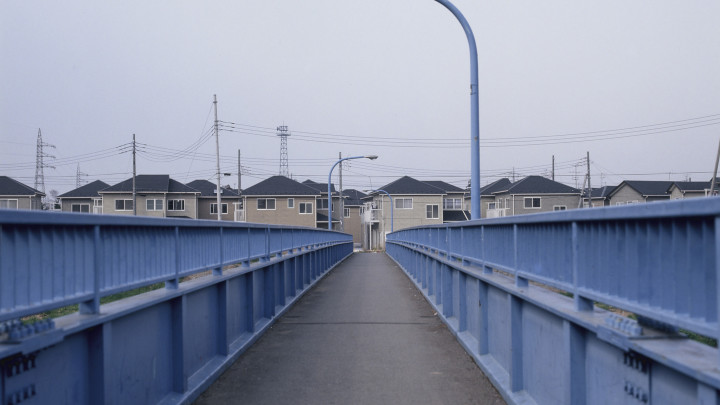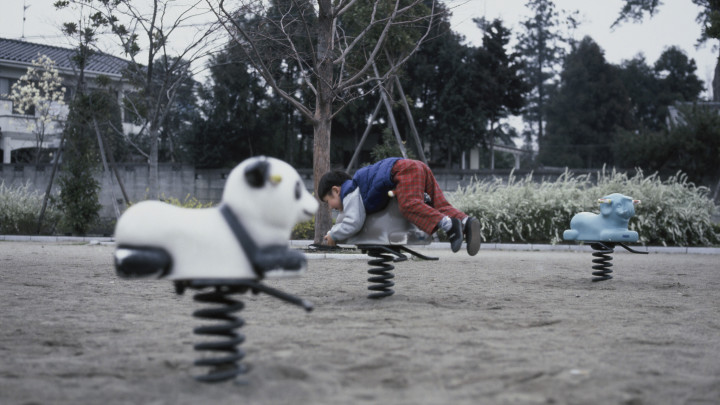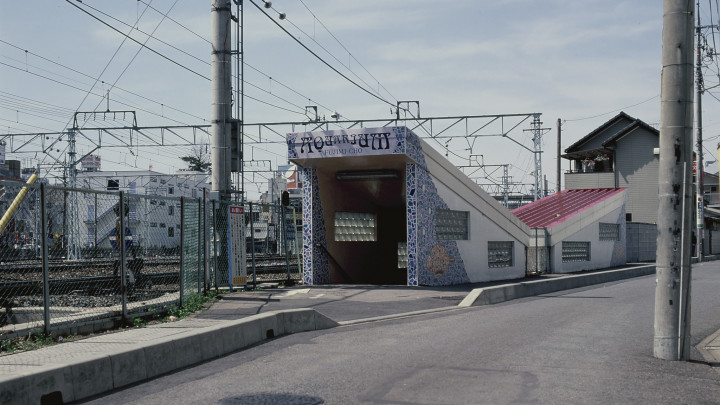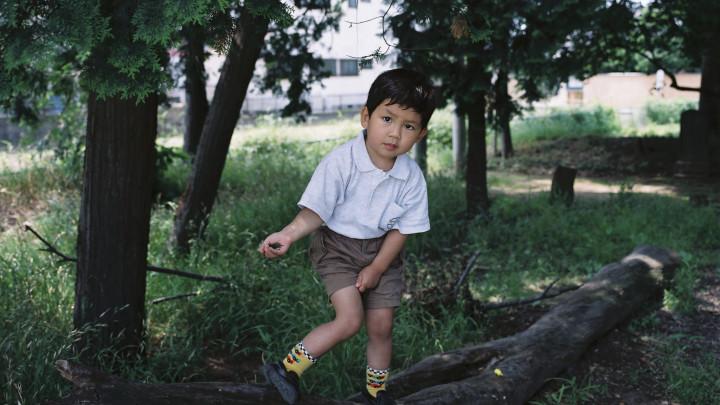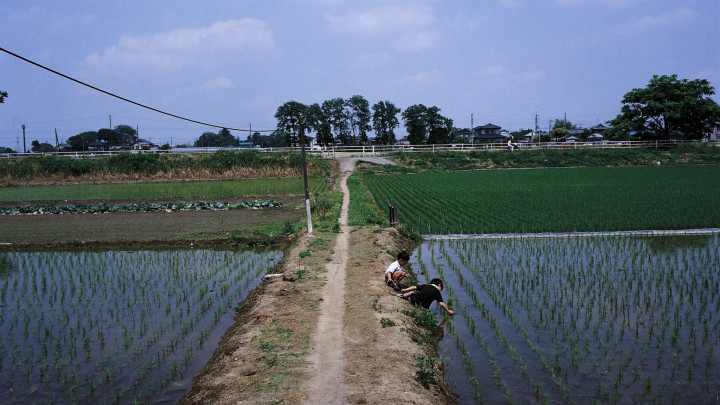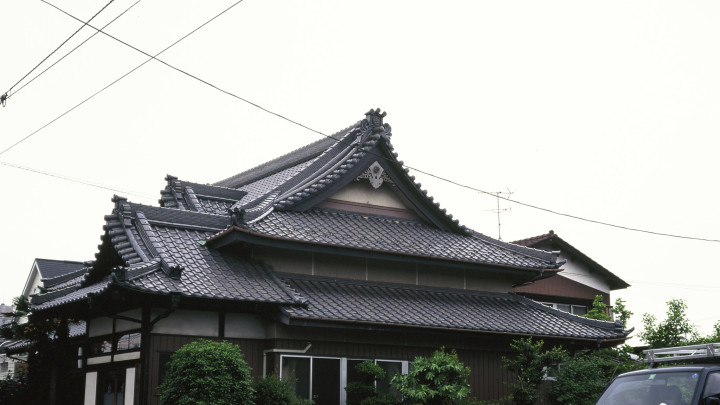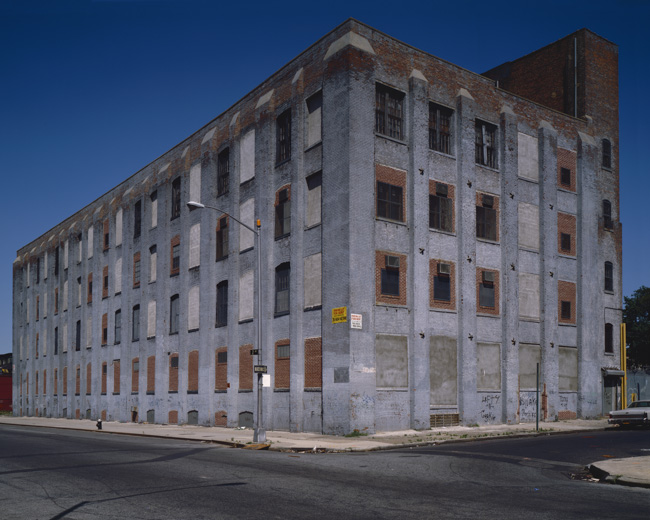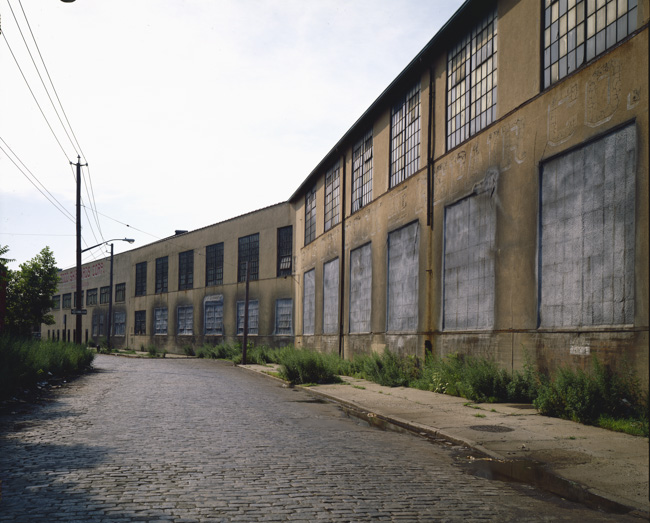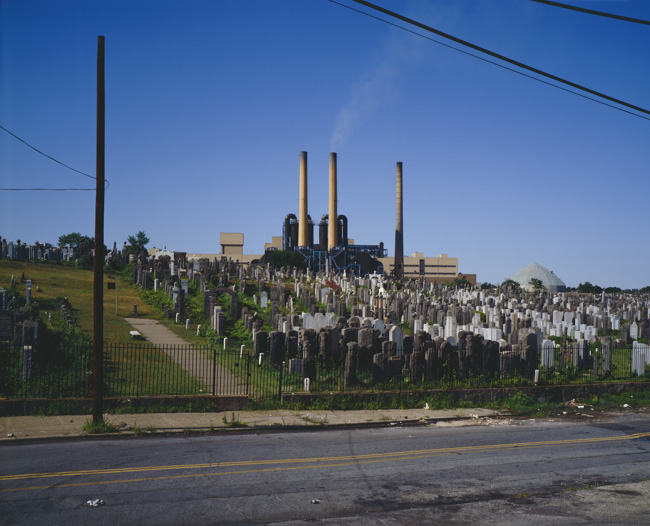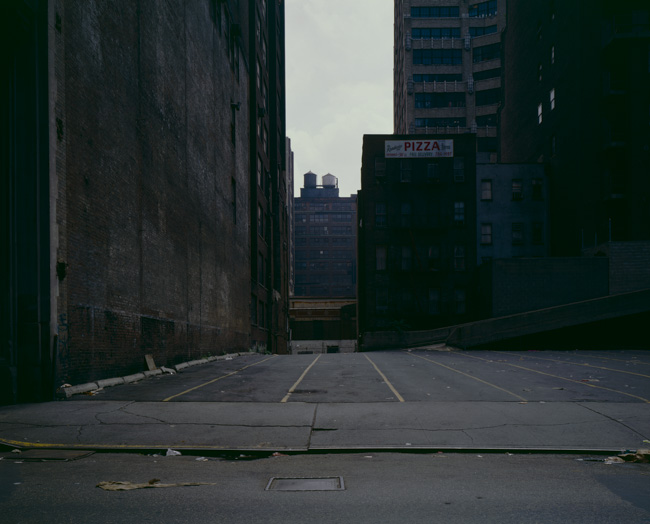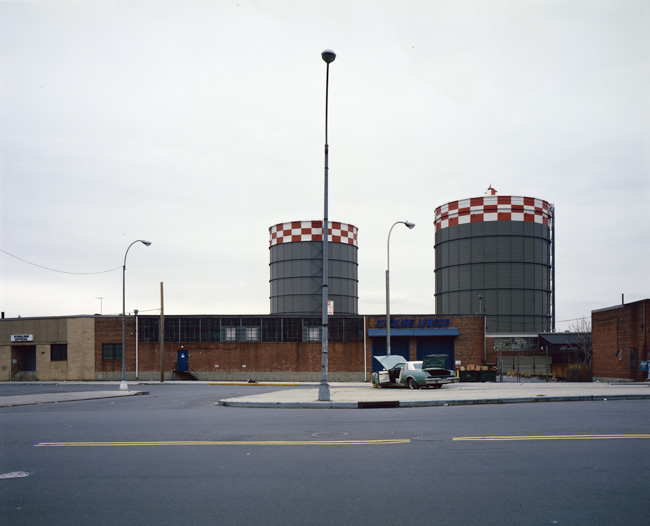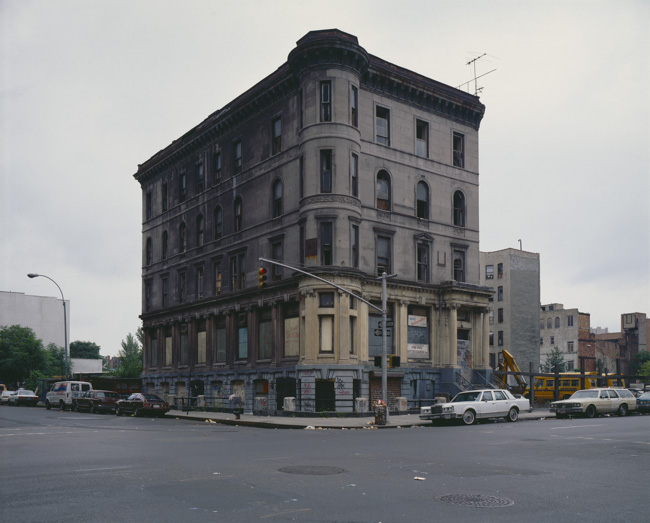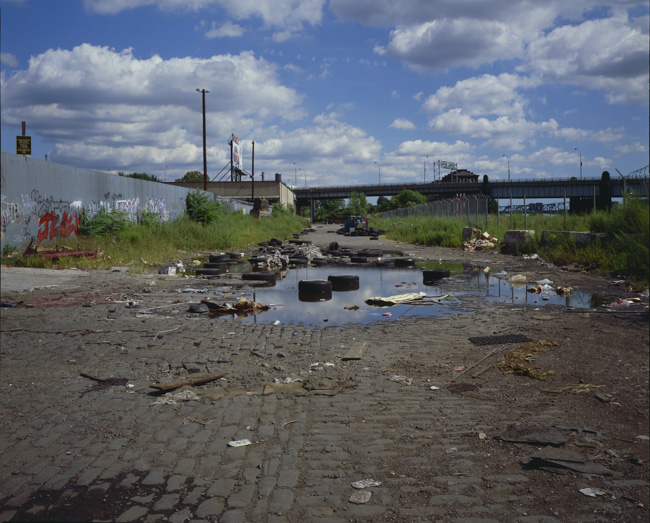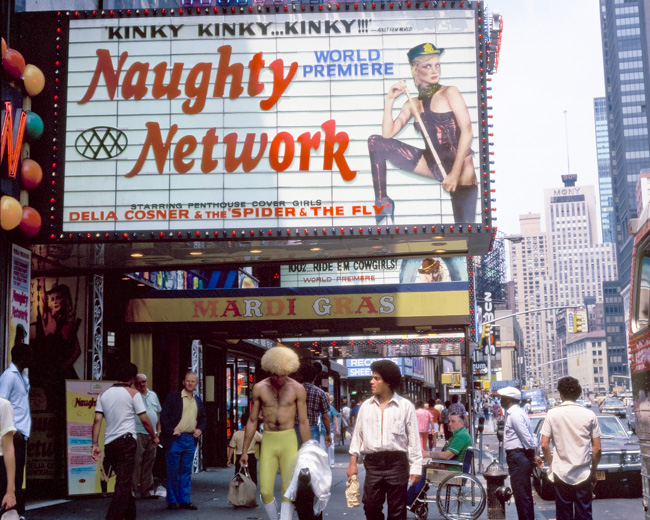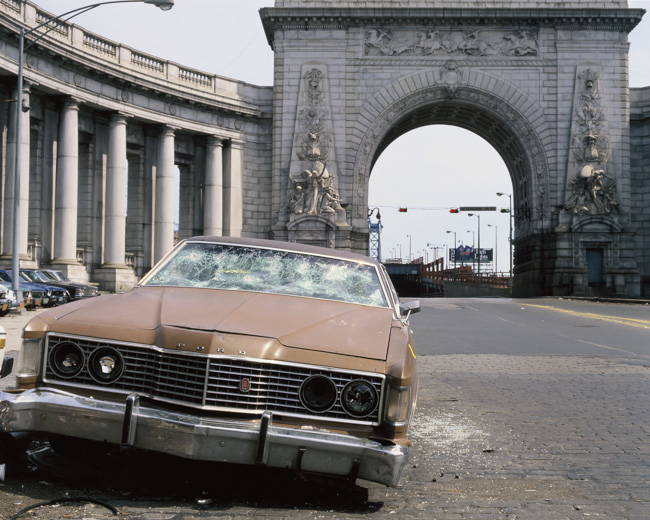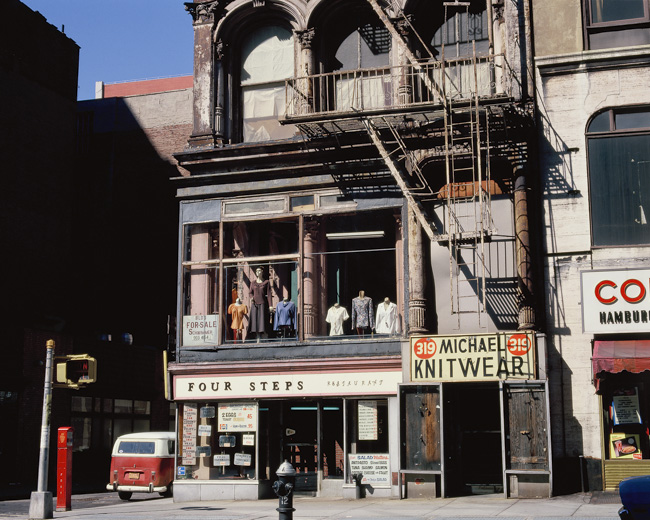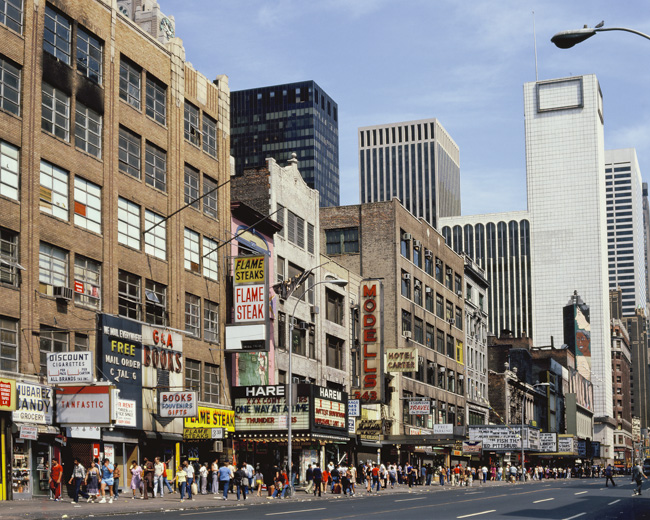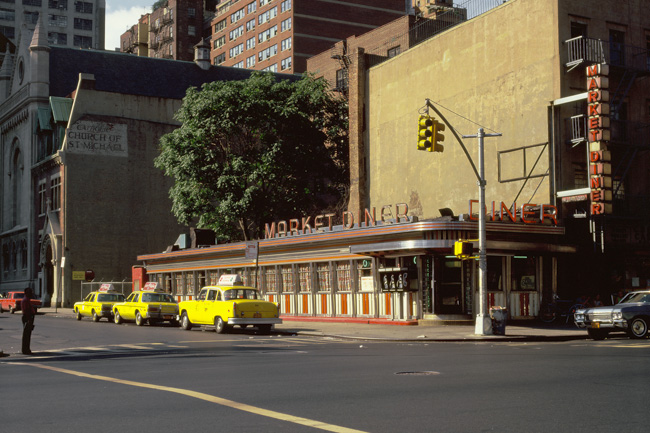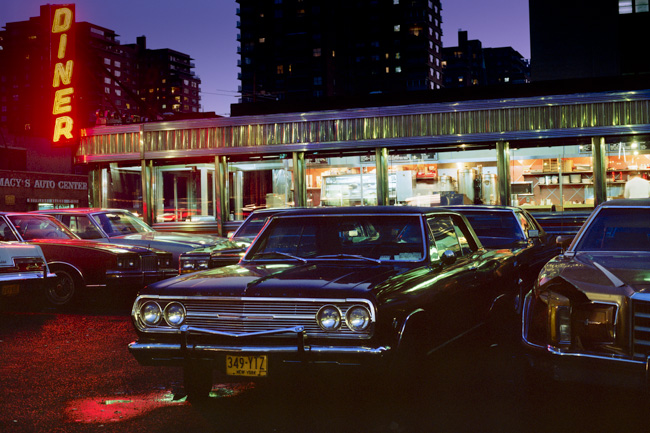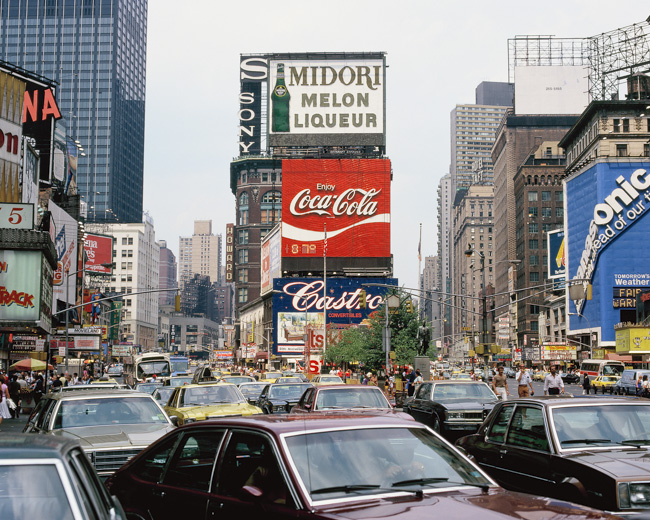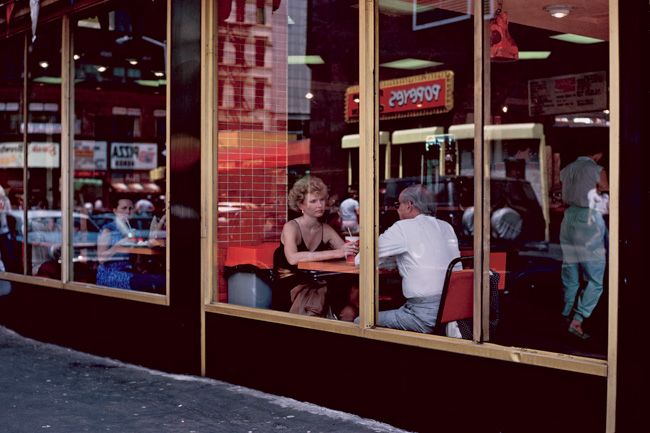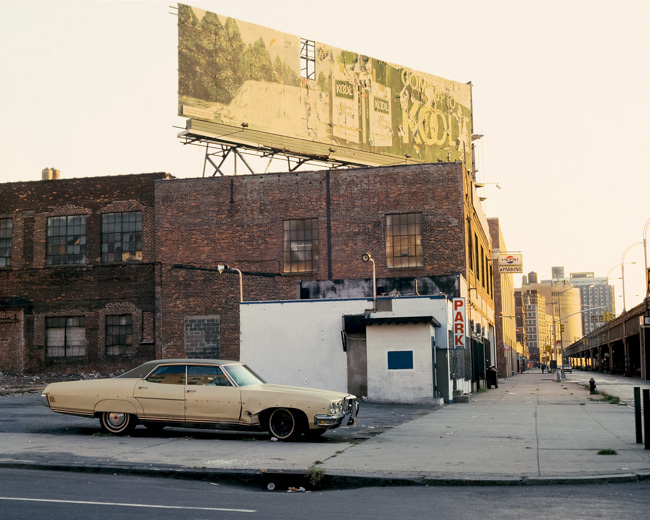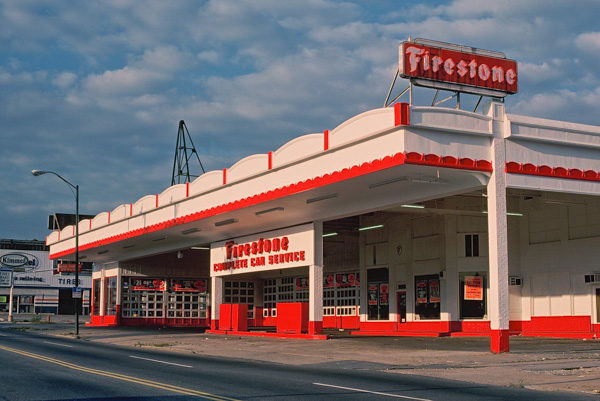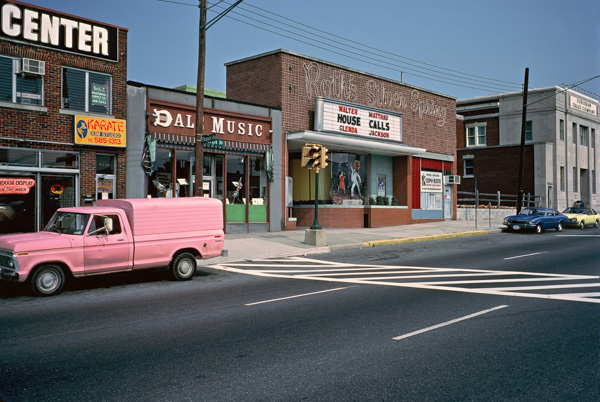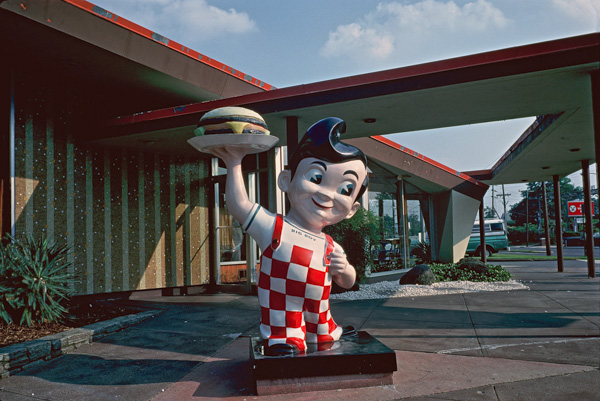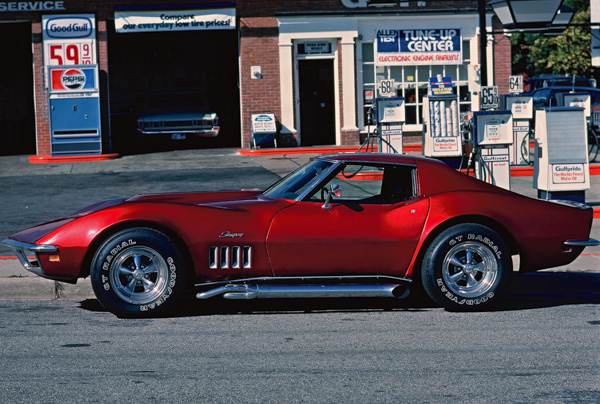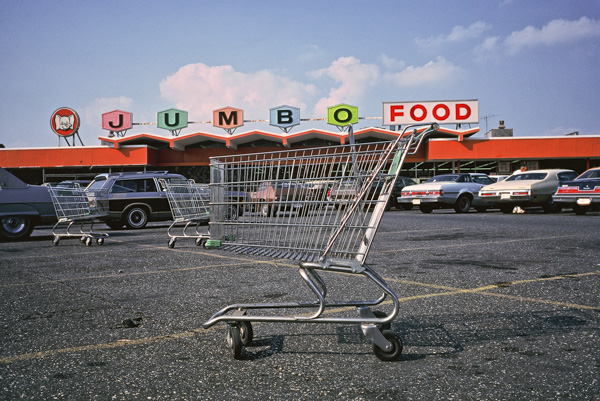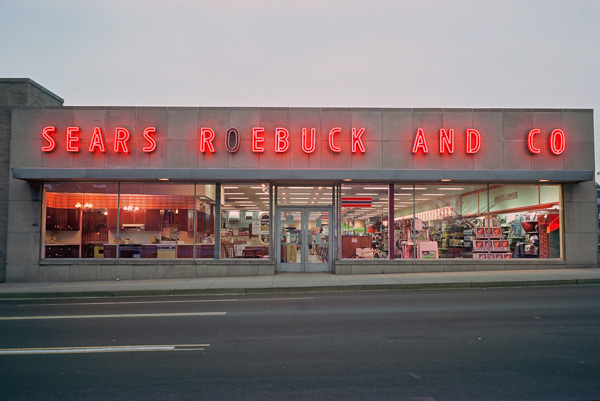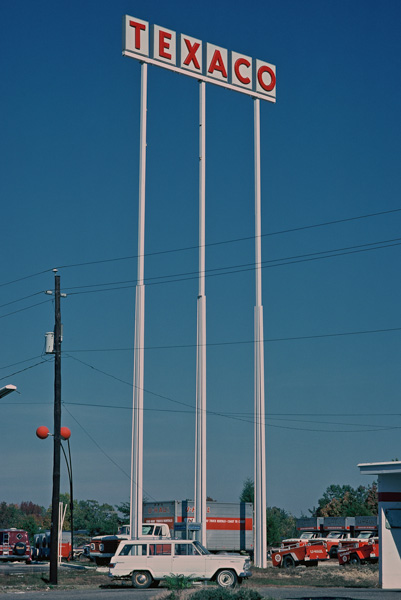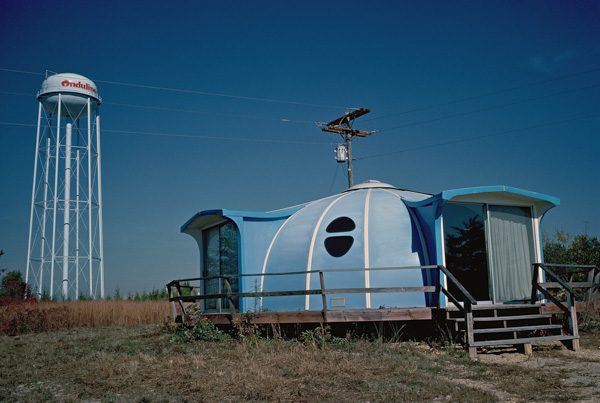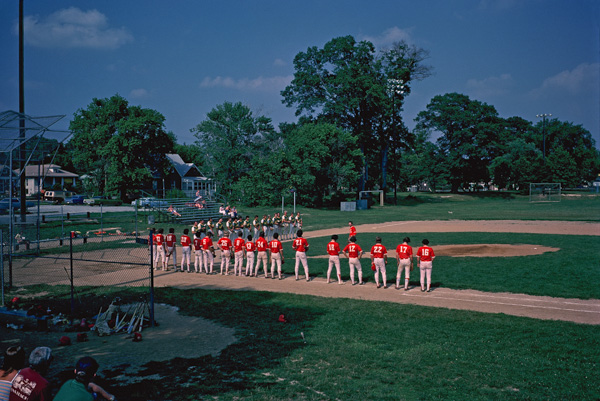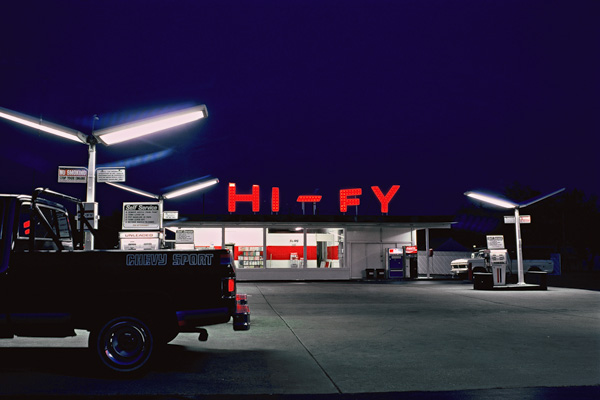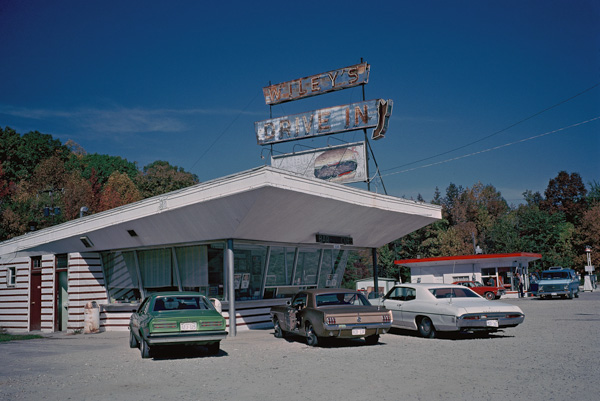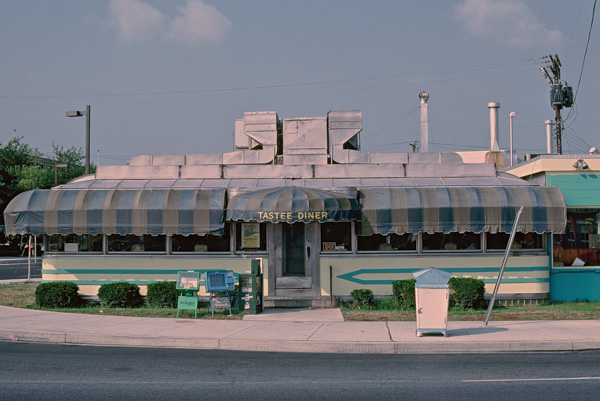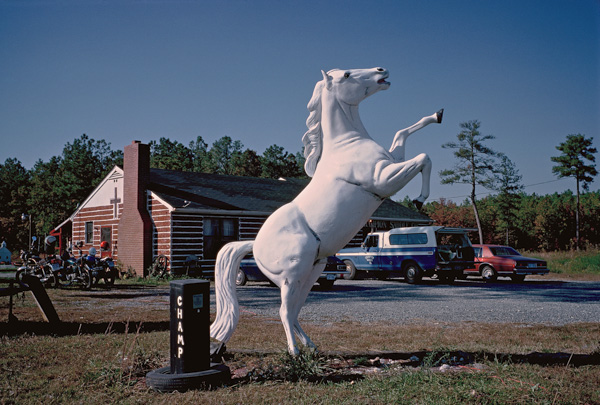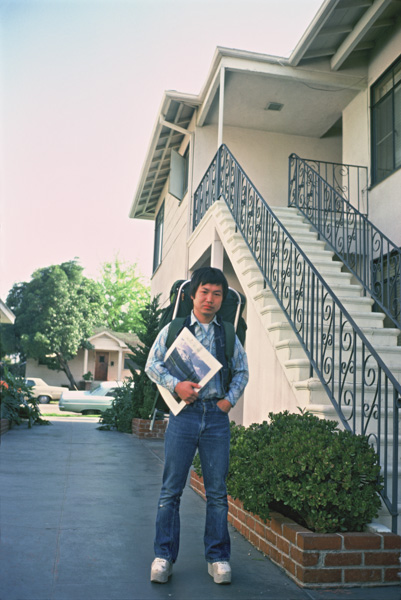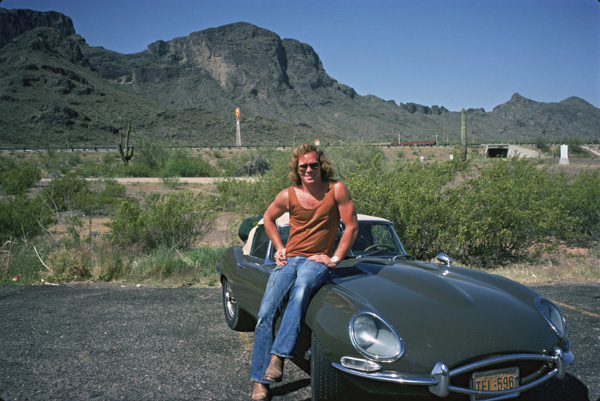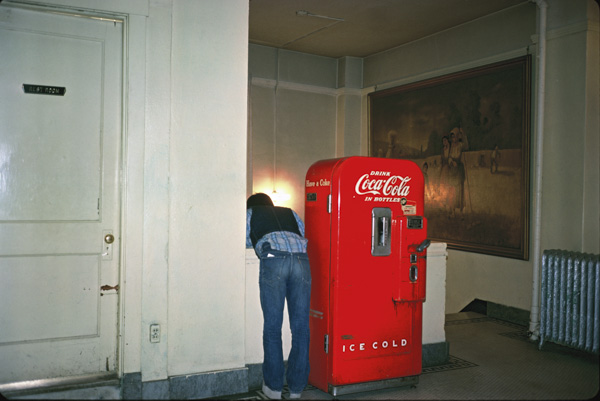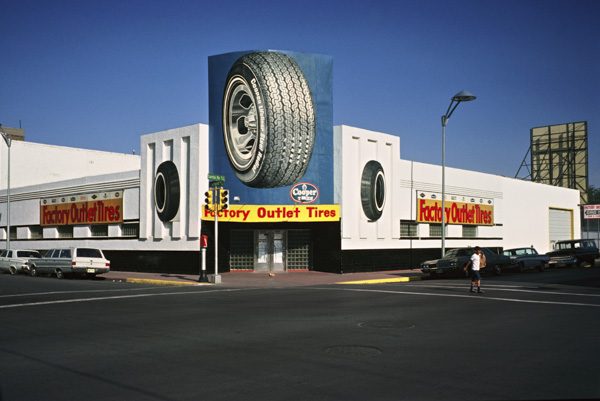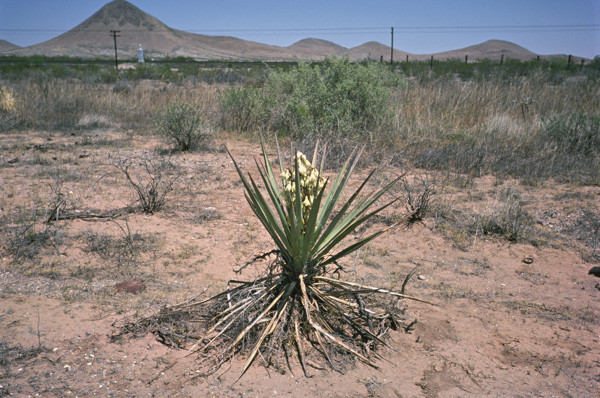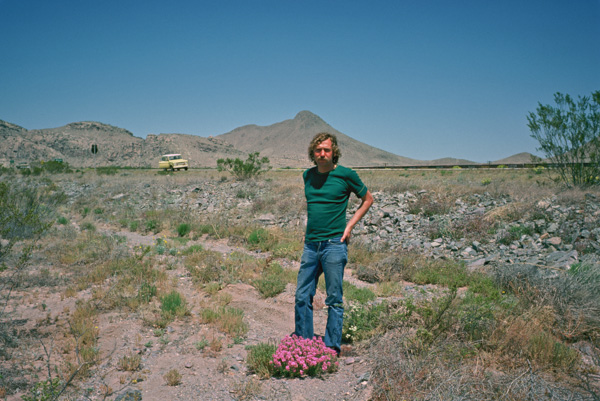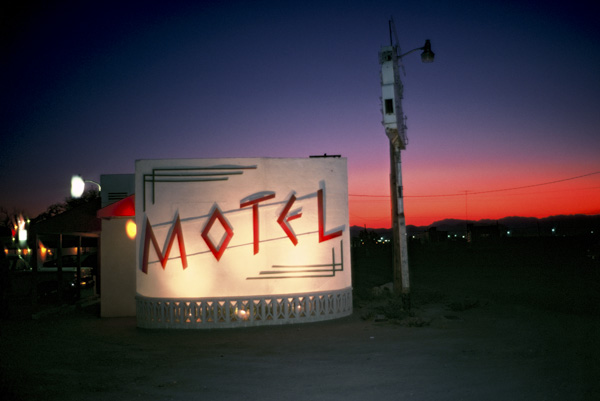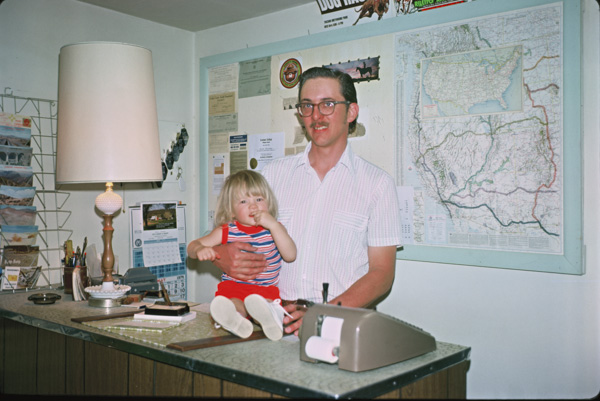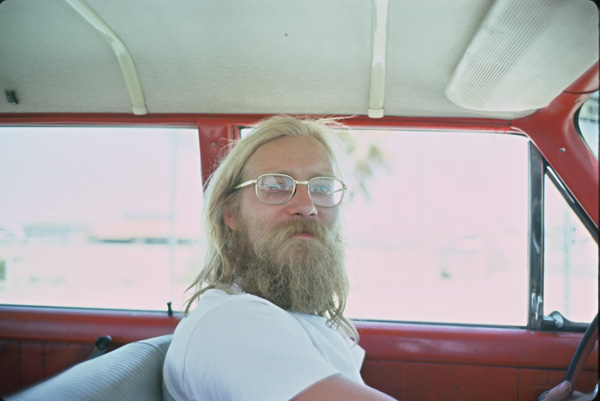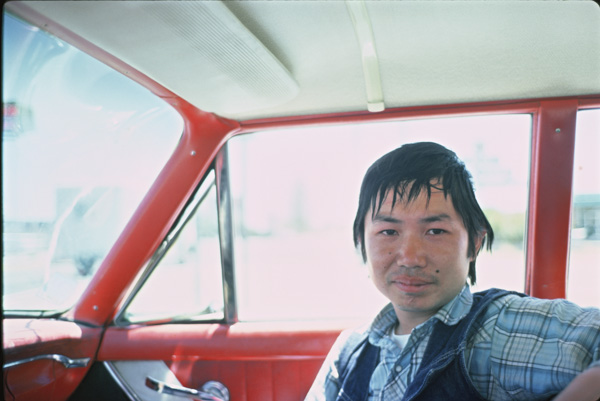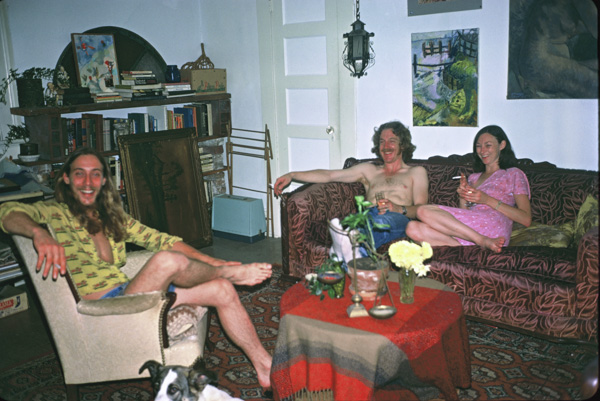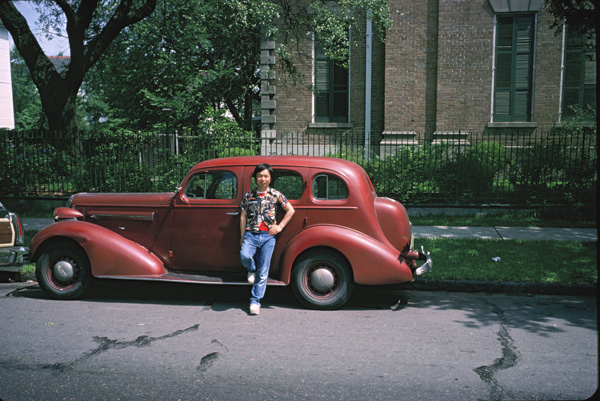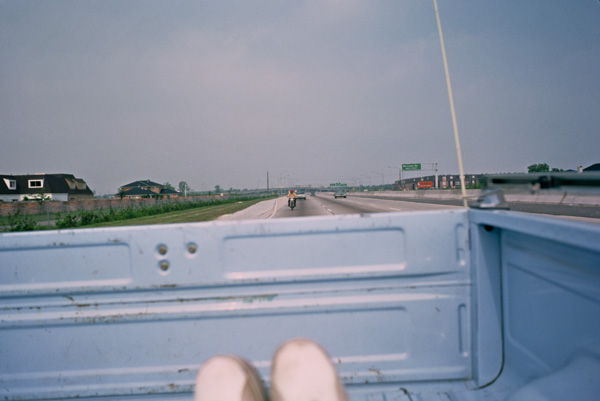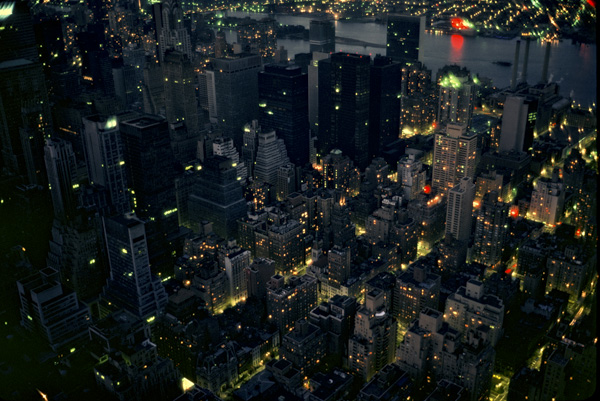-
0
We are apologize for the inconvenience but you need to download
more modern browser in order to be able to browse our page
9月 19, 2015
“Taking The First Step featuring The Suzan”
Documentary film of The Suzan’s trajectory. HD 78min.
Re-edited as Part One (From2011 to 2013) of “The Suzan Trilogy” from “The First Step” 2012 version (55min).
11月 5, 2014
iPad “Mike Nogami’s SNAPSHOT DIARY”
iPad photo collection application.
Include more than 4000 photos from 1953 to 1999, mostry from early 1970’s, a lot of text and audio commentaries with special guests. Include documentation of the infamous HAPPY END band in early 1970’s.
Text in English and Japanese.
iPad only.
This App is available from iTune store.
iTune StoreFrom Japan Times on December 5, 2014
Japan Times Review
8月 12, 2005
Work “Highway 2005”
It had been 30 years since I hitchhiked from LA to DC, and I decided to drive from the East Coast to the West Coast as a collaborative project with my friend, writer Lisa Koyuki Smith. The book will consist of the photographs I took on the trip and text by her.
5月 1, 2001
Work “Metroscape”
Sequel to “New York – Holy City”, using 8×10 cameras in the busier, more central areas of New York City.
2001 to 2006
8月 1, 1999
Work “Shibuya ’99”
After twenty years of living in the United States, I returned to Tokyo and found that countless things had changed. I saw many Westerners and was glad to see Tokyo as a cosmopolitan city. Yes, there are many blond-haired “Westerners” in Tokyo. But to my amazement, most of them are actually young Japanese who have dyed their hair bleach blond. Among them are a group of girls who call themselves “Gals.” Most are 16 to 18 years old.
In a characteristic accent and vocabulary, they chat loudly with one another, or on cell phones in public places such as commuter trains. Sometimes they crouch in the middle of a busy sidewalk in small groups, chatting and smoking endlessly. They squat down on the sidewalk just like peasants used to in the past. Most people consider them very rude since modesty is expected for Japanese girls. While many people find little good in them, I can see a certain kind of aesthetic sense in these Gals……….
One might think that Gals are directly influenced by the West, because of their hair color and miniskirts. However, the influence from the West is only through such media as TV news, movies, music, and magazines, not from actual experience. Some of these influences have been “Japanized” over the past generation. Young people do not even consider these influences as coming from the West. Gals simply took whatever they thought of as “kawaii,” mixed all these elements together, and reinvented them in an exaggerated “ukiyoe-esque” way. The word “kawaii” can mean “cute,” “precious,” “pretty,” “lovable,” or “right on target,” depending on the context. What the Gals have created has an affinity with Japanese Pop Culture, such as anime, computer games, and manga……….
Takes photographs of 500 Ganguro Gals in Shibuya. Collaboration with Masami Takahashi
8月 1, 1995
Work “Leonia, Kasukabe and Aoyama”
Takes photographs of Leonia, NJ, Kasukabe and Aoyama in Japan including some domestic scene.
1992 to 1997
5月 1, 1981
Work “New York – Holy City”
Since coming to New York in 1978, I had been enjoying the city’s many museums and galleries. I particularly loved seeing Eugene Atget’s work at the Museum of Modern Art, Edward Hopper at the Whitney Museum, and Superrealist paintings at downtown galleries. One day I found a book of Bernd and Hilla Becher’s work and was amazed.
Around that time, I bought an 8×10 view camera and started to think about my new project, “New York – Holy City.”
May 1981 to November 1994
11月 30, 1978
Work “When New York Was Sexier”
After I moved to New York City, I kept looking for images of New York-style Americana, this time using a 120 film camera for more detail.
1980 to 1982
3月 1, 1978
Work “Mike Nogami’s Study of Americana”
In 1978, I saw two or three dye transfer prints by William Eggleston at MoMA, and I bought WILLIAM EGGLESTON’S GUIDE, the catalogue of Eggleston show at MoMA in 1976. Eggleston was one of the first art photographers to be recognized for working in color; my generation was already taking color for granted. Looking at Eggleston’s photos of the American south, I began to have an idea about the direction of my work: Americana through foreign eyes.
Photographs of Washington, D.C., Maryland, and Virginia.
5月 2, 1975
Work “Highway 75”
In May 1975, I decided to hitchhike across the country to Washington D.C. I wanted to test myself – I thought that if I could somehow make it all the way alive, I would really be able to believe in myself. Also, I wanted to have a real adventure like the stories my father told of his time in Manchuria.
Hitchhikes from Los Angeles to New York City.
Story and Photographs.




